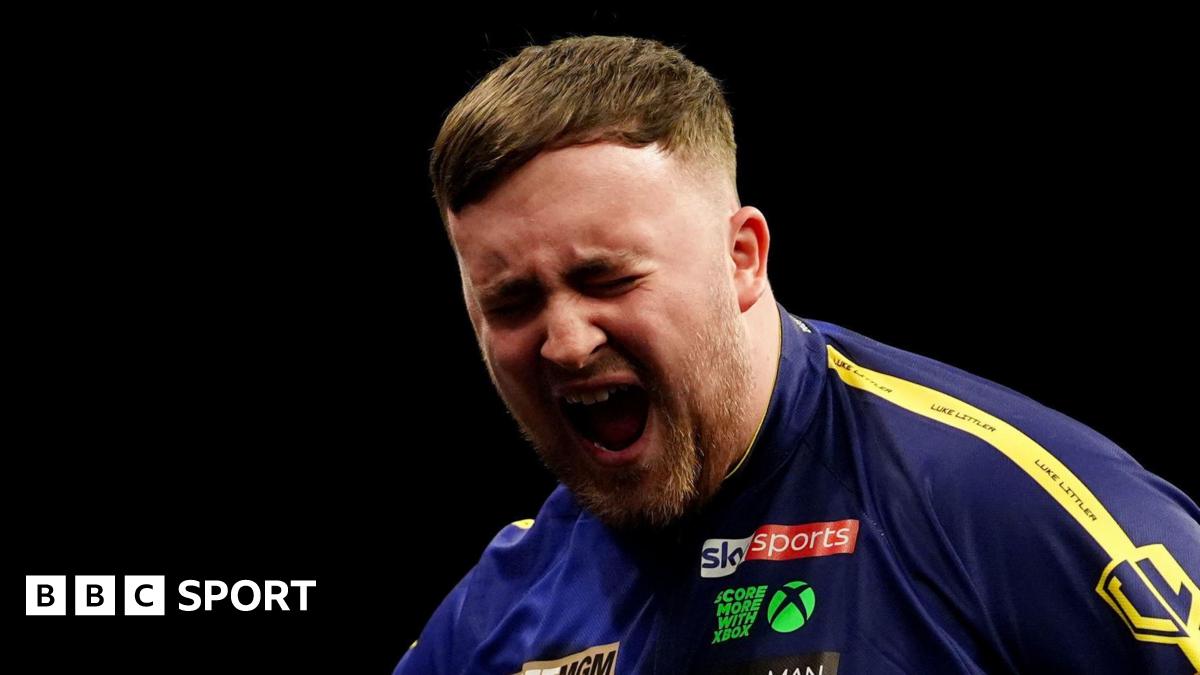ARTICLE AD BOX
The English Football Association announced on Thursday that transgender women will no longer be able to play in women's football in England from 1 June.
Following the UK Supreme Court's ruling on 15 April that the legal definition of a woman is based on biological sex, the FA now says only those born biologically female will be permitted to play in women's football.
The Scottish FA has also announced it is banning transgender women, while sources have told BBC Sport that the England and Wales Cricket Board (ECB) is also expected to ban transgender women from the women's game.
BBC Sport spoke to Natalie Washington, campaign lead for Football v Transphobia, and former swimmer and campaigner Sharron Davies to get their views on the ban.
Washington played men's Sunday League football before joining a women's team in 2017, external. She was one of 28 trans women registered to play amateur football in England.
She told BBC Sport: "It is a shock.
"This means for me personally, and for many people playing football, that we are no longer able to do this stuff that we were able to do last week and that we've been able to do for decades.
"I stopped playing in the men's game 10-12 years ago, I didn't feel it was a safe place to transition and I feel like i'm not really able to compete in that anymore.
"The effect that hormones have had means when I do play an occasional five-a-side kickabout with men, I don't feel like I can compete with men my sort of age and with similar physical characteristics.
"The reality is there are not enough transgender people in society for us to run our own sports, run our own spaces - there just aren't the numbers to make that viable.
"This is a lot of attention on a very small number of people who aren't causing a problem, and are just going about their lives.
"It is a de facto ban for transgender women from football more generally, realistically, particularly people who have been playing in women's football for decades.
"It's going to be very mentally challenging and actually potentially physically dangerous for those people to go back and play in the men's game - if they ever even did play in the men's game.
"So really this is pushing those people out of football altogether."
BBC Sport has seen a letter sent by the FA to transgender players facing an immediate ban.
As well as the offer of "free, fully confidential online talking therapy" the FA said it hopes to have mixed gender football available from the 2026-27 season and even suggested players move into other areas of the game.
Davies, 62, won a silver medal at the Moscow Olympics in 1980 and has long argued against the inclusion of trans women in women's sport.
She told BBC Sport: "I'm overjoyed that women are getting their sport back at last, hopefully cricket will follow.
"The science is still the same. Males kick 50% harder than females, they're taller, they have bigger hands and feet, and they're more dynamic, particularly in goal.
"I've had heart-broken parents talking about their children, their young girls who are self-harming because they've had a season-ending injury. Or autistic daughters who've had six-match bans because they've recognised that there is a male on the opposition.
"A lot of people are owed an apology.
"It affects half the population who are actually female. It affects all young girls and all women who play football, particularly at grassroots and pathways and junior competition, so this was just about the integrity of sport and as a biological female you are entitled to that integrity just the same as a biological male.
"Everyone deserves to do sport and the FA must find a way to be inclusive for everybody."

 9 hours ago
5
9 hours ago
5








 English (US) ·
English (US) ·